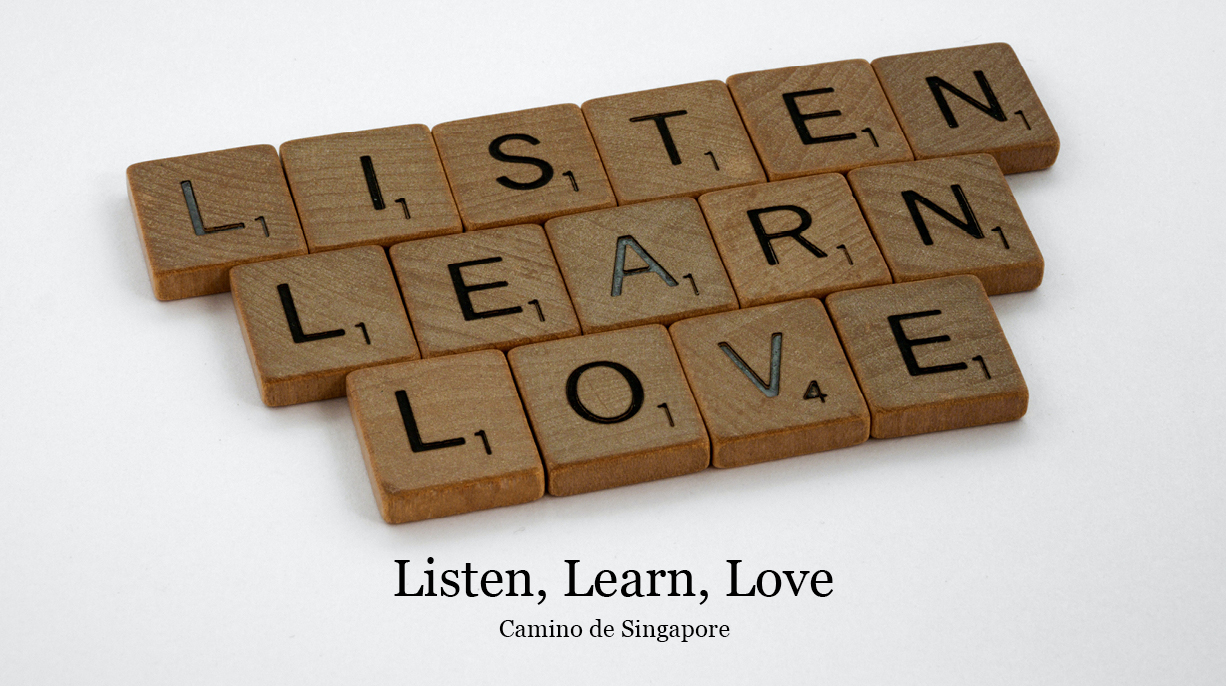No products in the cart.

Photo by https://www.pexels.com/@brettjordan
This morning, I went for a brisk walk with my six-month-old son. He was sitting in the stroller, and I was pushing him. About fifteen minutes into the walk, my wrist buzzed. It was my “new” second-hand smartwatch. The watch face read “Great job. Keep it up!” My watch was monitoring my attempt to exercise and giving me encouragement to build my physical fitness. My watch also tracked my lack of physical activity and sometimes prompted me, “Time to get moving! It’s been almost an hour. Get out of your seat to stay active!”
I wondered to myself. What if we have an app on our smartwatches that could listen to our inner selves, gauge mental health, affirm us when we take steps to care for our mental fitness, and warn us when we’re not doing too well?
The statistics show that 1 in 7 people in Singapore has experienced a mental disorder in their lifetime. In Caritas Singapore, I have about thirty colleagues. That means that it is possible that four of us might be facing a mental health challenge. It is generally agreed amongst my colleagues that the COVID-19 pandemic has also increased levels of stress. However, in the absence of a mental health and fitness app, what can organisations do to “sense” the mental well-being of employees?
I believe that top-down human resource policies and practices like “mental health days” are important and in line with the Catholic Social Teaching (CST) principle of the dignity of human work. However, what resonates with me personally is the individual human connection. I am reminded of the CST principle of solidarity—that every human person is deeply connected to every other person and we are called to stand together as one human family for the common good. That is why even as I am working from home, I try my very best to begin every work call and every online video conference meeting with a simple mental “weather check”. It can be a simple question “How are you feeling today?” or “What’s been on your mind recently?”
I must admit that it is not something that comes naturally to me, and sometimes it feels super awkward. I need to exercise that “caring” muscle, just like any other muscle in my physical body. Jesus invites us to love our neighbour. I think the first step to loving a person is to ask and listen. Then I can learn about (or have knowledge about) the person. Only then can I truly love them.
If you are struggling with your mental health, or you know someone who might be, why not give us a call on our hotline 8375-3125 or contact Clarity Singapore? I also invite you to join in my “weather check” movement by starting your next work-related call/meeting by parking work to one side and genuinely asking “How are you doing?”. We can all Listen, Learn, and Love.
Kelvin Lim is a husband, a father of two, and a Programme Executive Trainee at Caritas Singapore. His favourite book is “Life of the Beloved: Spiritual Living in a Secular World” by Henri J. M. Nouwen.
